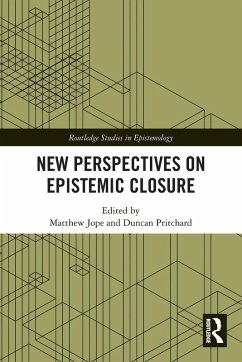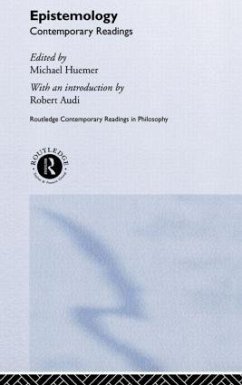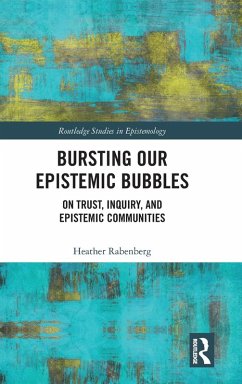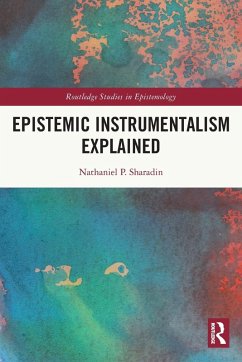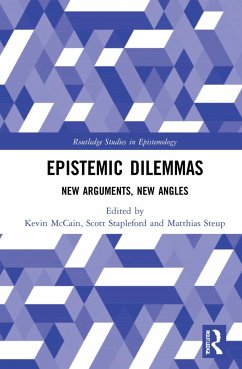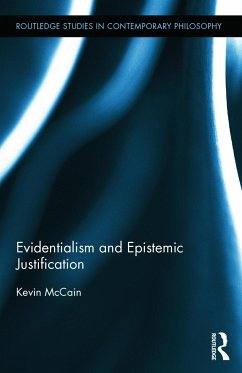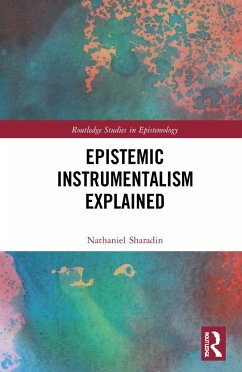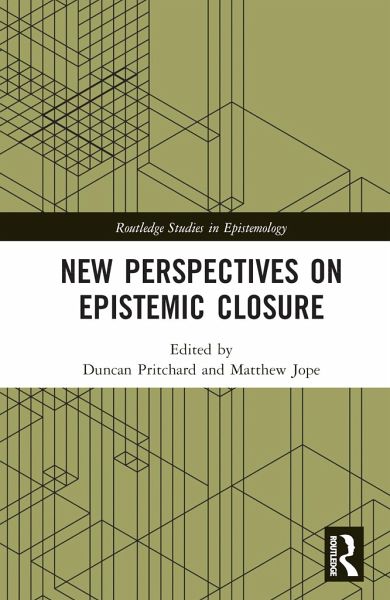
New Perspectives on Epistemic Closure
Versandkostenfrei!
Versandfertig in 1-2 Wochen
167,99 €
inkl. MwSt.
Weitere Ausgaben:

PAYBACK Punkte
84 °P sammeln!
This volume brings together new research on the topic of epistemic closure from both leading philosophers and emerging voices in epistemology. It connects epistemic closure principles to related themes in epistemology such as scepticism, dogmatism, evidentialism, epistemic logic, and modal epistemology. Epistemic closure is of central importance to contemporary epistemology, so much so that no epistemology is complete without an answer to the question of where it stands on the issue. The chapters in this book touch on the central themes of closure and transmission and argue for and against dif...
This volume brings together new research on the topic of epistemic closure from both leading philosophers and emerging voices in epistemology. It connects epistemic closure principles to related themes in epistemology such as scepticism, dogmatism, evidentialism, epistemic logic, and modal epistemology. Epistemic closure is of central importance to contemporary epistemology, so much so that no epistemology is complete without an answer to the question of where it stands on the issue. The chapters in this book touch on the central themes of closure and transmission and argue for and against different closure and transmission principles. The contributors address issues such as whether knowledge and justification are closed under deductive entailment; whether scepticism can be properly contained by restricting closure principles; whether justification for a set of premises can fail to transmit across inference to a conclusion; Moore's Paradox; and which theories of knowledge-contextualism, contrastivism, or relevant alternatives epistemology-emerge from denying closure. New Perspectives on Epistemic Closure will be of interest to scholars and advanced students working in epistemology.




